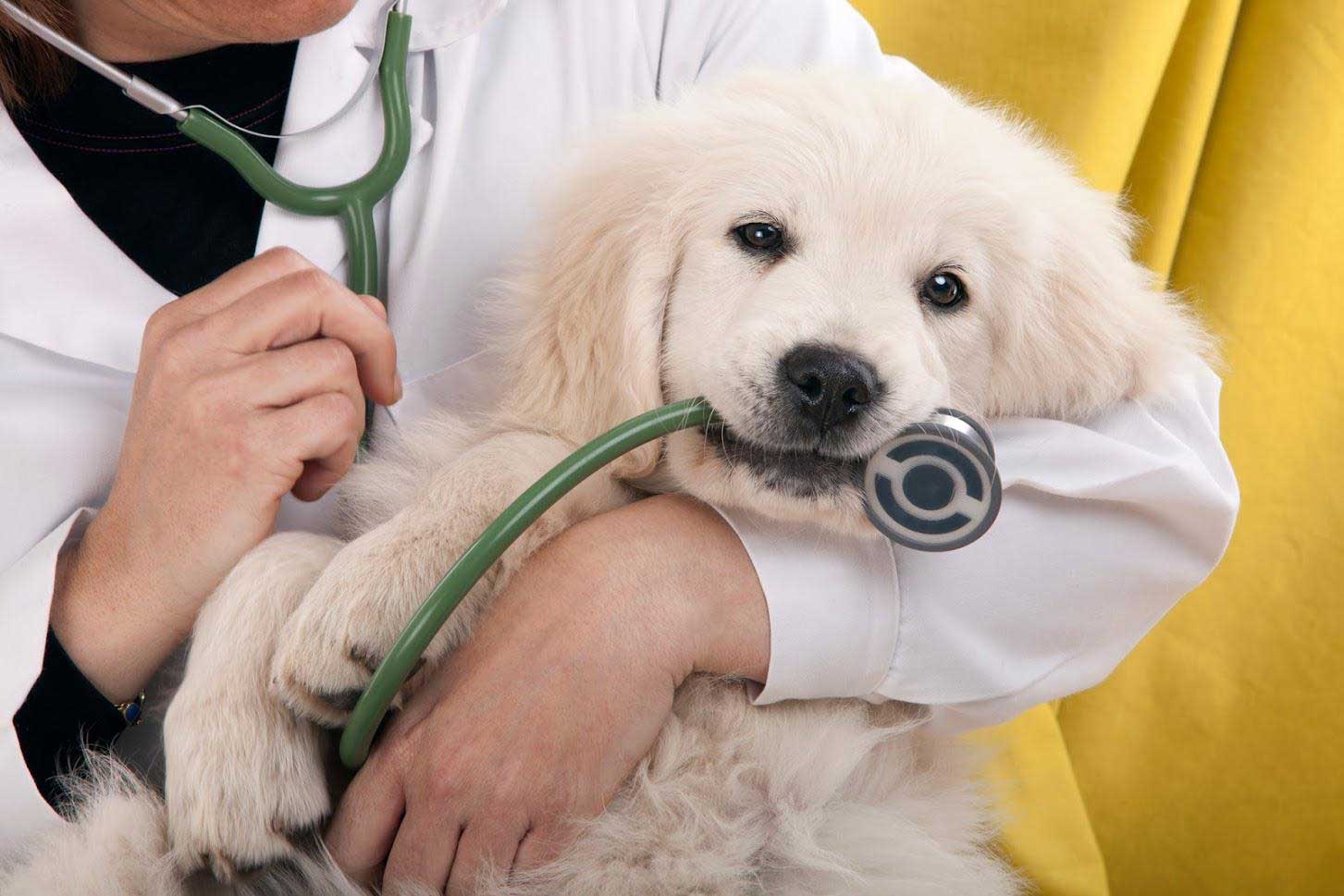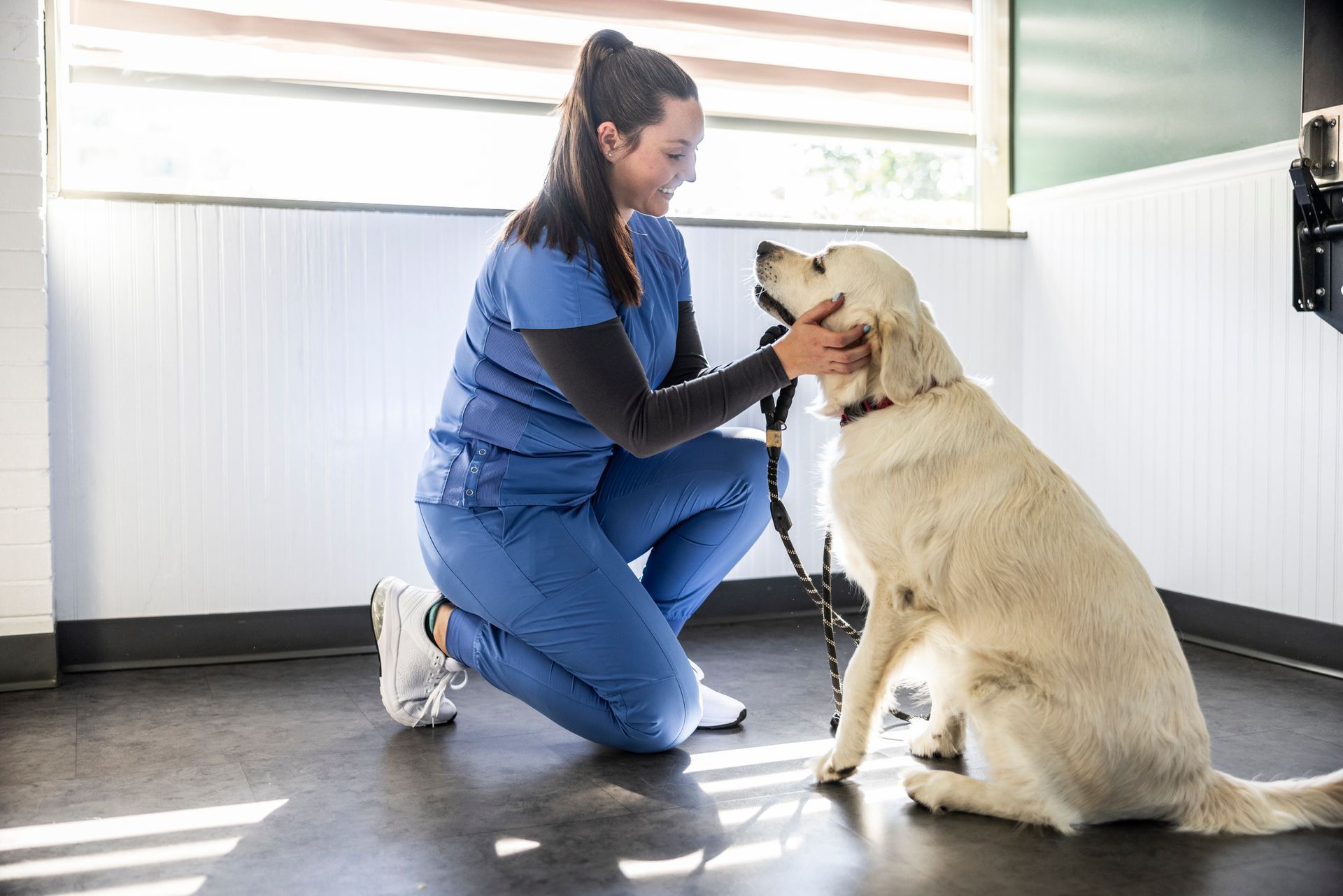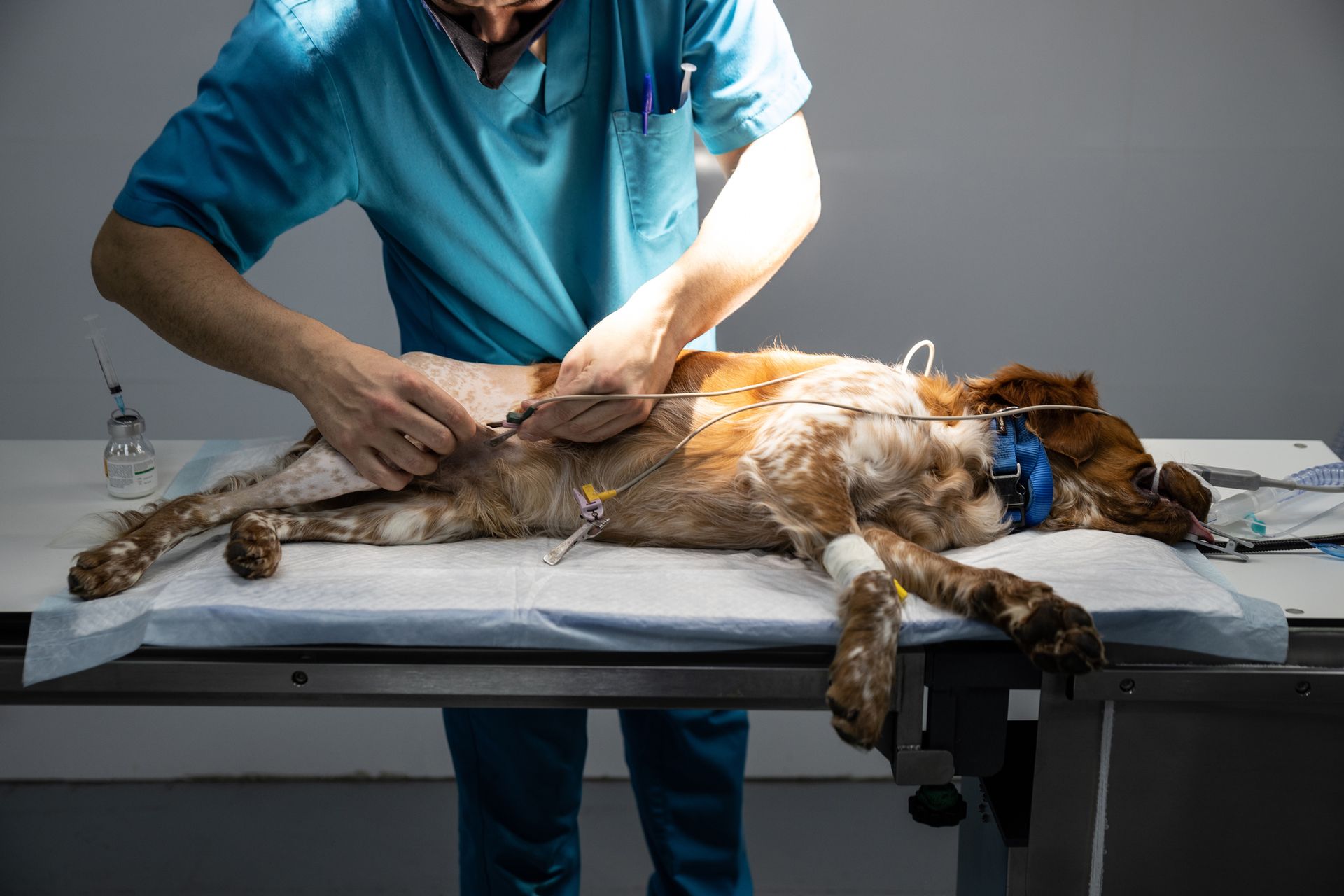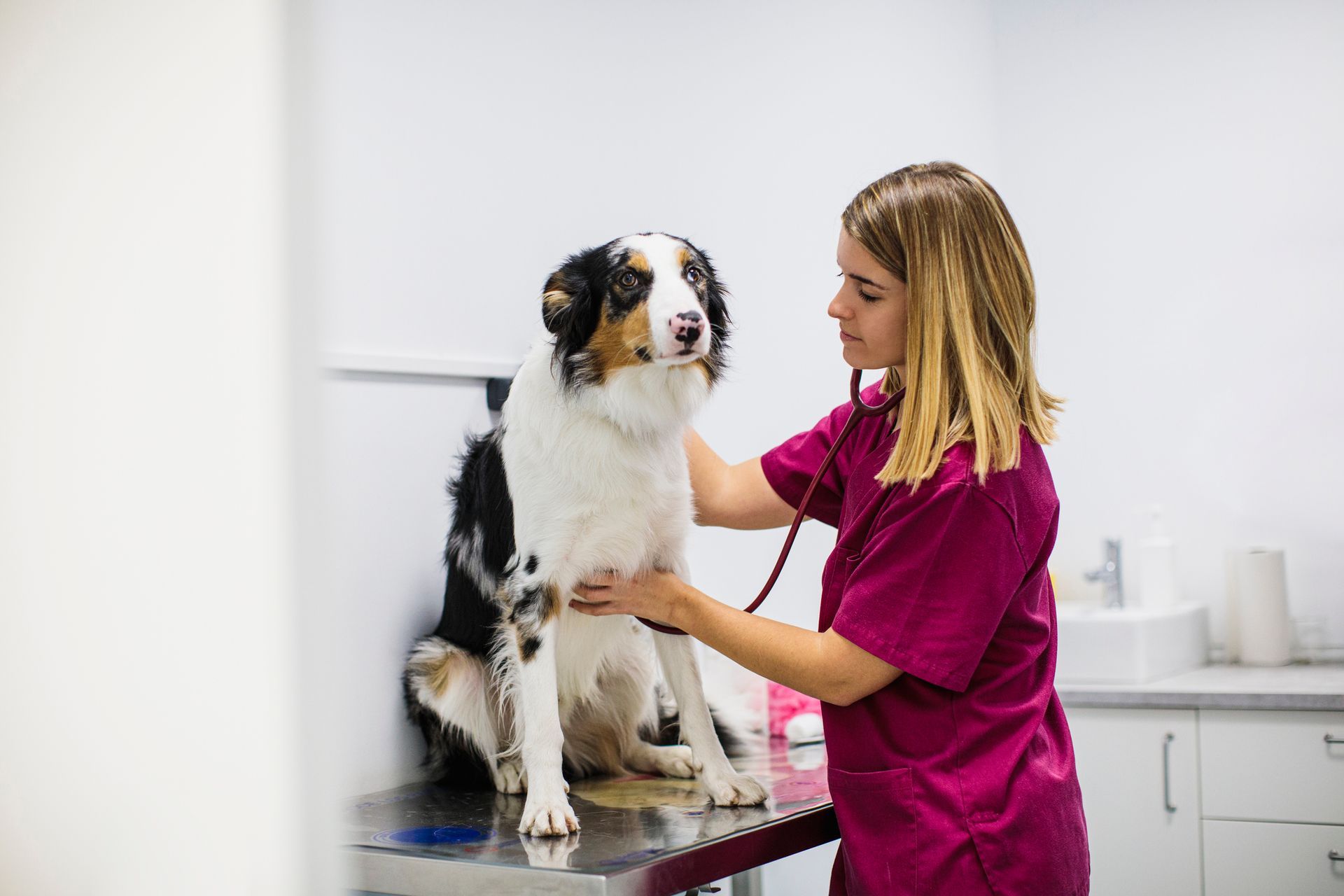Purchasing a Puppy? Ask Your Veterinarian These Questions
When you purchase a puppy, you need to learn as much about your new dog as you possibly can. Soon after you welcome your puppy home, take it to the veterinarian to learn about its health. Here are some specific questions to ask the vet during your initial appointment.
Is the Puppy in Good Health?
You'll first want to make sure that the puppy is in good health. Even when you purchase from a well-respected breeder who's already had had the dog checked out by a veterinarian, you should still get a bill of clean health from your own veterinarian. Sometimes there are underlying issues that may go undetected until a puppy is a little older and already purchased.
Checking the puppy's health status isn't just for the dog's sake. While you or the breeder (depending on the situation) should take care of any medical issues that are discovered, the purpose of a health check is also for your own financial protection.
Most dog breeders and pet stores provide health guarantees that the dogs they sell are in good health. If a dog isn't in good health, a guarantee may provide the buyer with a full refund.
These guarantees, however, frequently require you to take a purchased puppy to the veterinarian soon after buying it. If you fail to bring the dog to a veterinarian for a clean bill of health within a specified time, such as 4 8–72 hours , any health guarantee that a breeder or store provides might be void.
What Vaccinations Does the Puppy Need?
All dogs need at least some vaccinations, and these shots should be given on-schedule to protect a puppy as much as possible. Some vaccines can't be given until a dog reaches a certain age. You shouldn't wait beyond the recommended age, though, because any unnecessary delay only leaves your puppy susceptible to potentially harsh diseases.
Additionally, puppy classes and dog parks might require your puppy to have certain vaccines before you can take them to the class or park. A rabies vaccination, in particular, is usually required.
In addition to rabies, your puppy will likely also need vaccinations for:
-
Bordetella bronchiseptica: The primary cause of kennel cough
-
Canine distemper: A virus that attacks the respiratory, gastrointestinal, and nervous systems
-
Corona Virus: A virus that impacts the gastrointestinal system
-
Leptospirosis: A bacterial infection that may evidence no symptoms
-
Parvovirus: A highly contagious virus that can lead to extreme dehydration
Your veterinarian may also recommend a vaccination for Lyme disease depending on where you live.
Depending on how old your puppy is when you acquire it, the dog might already have some vaccinations. The breeder or pet store should furnish a shot record if any vaccinations have already been given. If you receive such a record, make sure you bring it to your veterinarian so they know what the puppy already has been vaccinated against.
Do You Need to Treat the Puppy for Worms?
Worms are common parasites that plague most dogs, and many are even born with them. While some worms are more dangerous than others, all should be treated and your veterinarian can recommend the best course of treatment. When you first bring your puppy home, there are two particular types of worms to be aware of.
Roundworms are common in dogs and can also infect humans if people touch a dog's feces or dirt where a dog took care of business. These worms also infect nearly all puppies at birth, for mothers commonly have dormant roundworm larvae in their tissue. In dogs, the worms can cause issues with fur, the liver, and the intestines.
Because roundworms are so common, your veterinarian will likely want to test a stool sample to check for them. If your puppy hasn't already been treated for the worms, the stool sample will likely come back positive and you'll need to give the dog medication to eradicate these worms.
Heartworms are one of the most serious parasites that can infect your puppy, for these worms latch on to the right side of the heart and can cause a blockage that's fatal. They may also damage the lungs.
Dogs don't contract heartworms from other dogs but rather from mosquitos. Thus, all dogs are potentially at risk of being infected with worms. Because there's an ever-present risk, your veterinarian will probably recommend giving your puppy a regular heartworm preventative, which is a medication that kills any heartworms they contract for the duration of the dog's life.
When Should the Dog be Spayed or Neutered?
Unless you have intentions of breeding your new puppy, the dog should be spayed or neutered sometime when they're young. This will ensure they don't have puppies once they reach adulthood. Your veterinarian can recommend when to spay or neuter your dog.
If you have a new puppy and need to see a veterinarian , bring them to South Seattle Veterinary Hospital.











